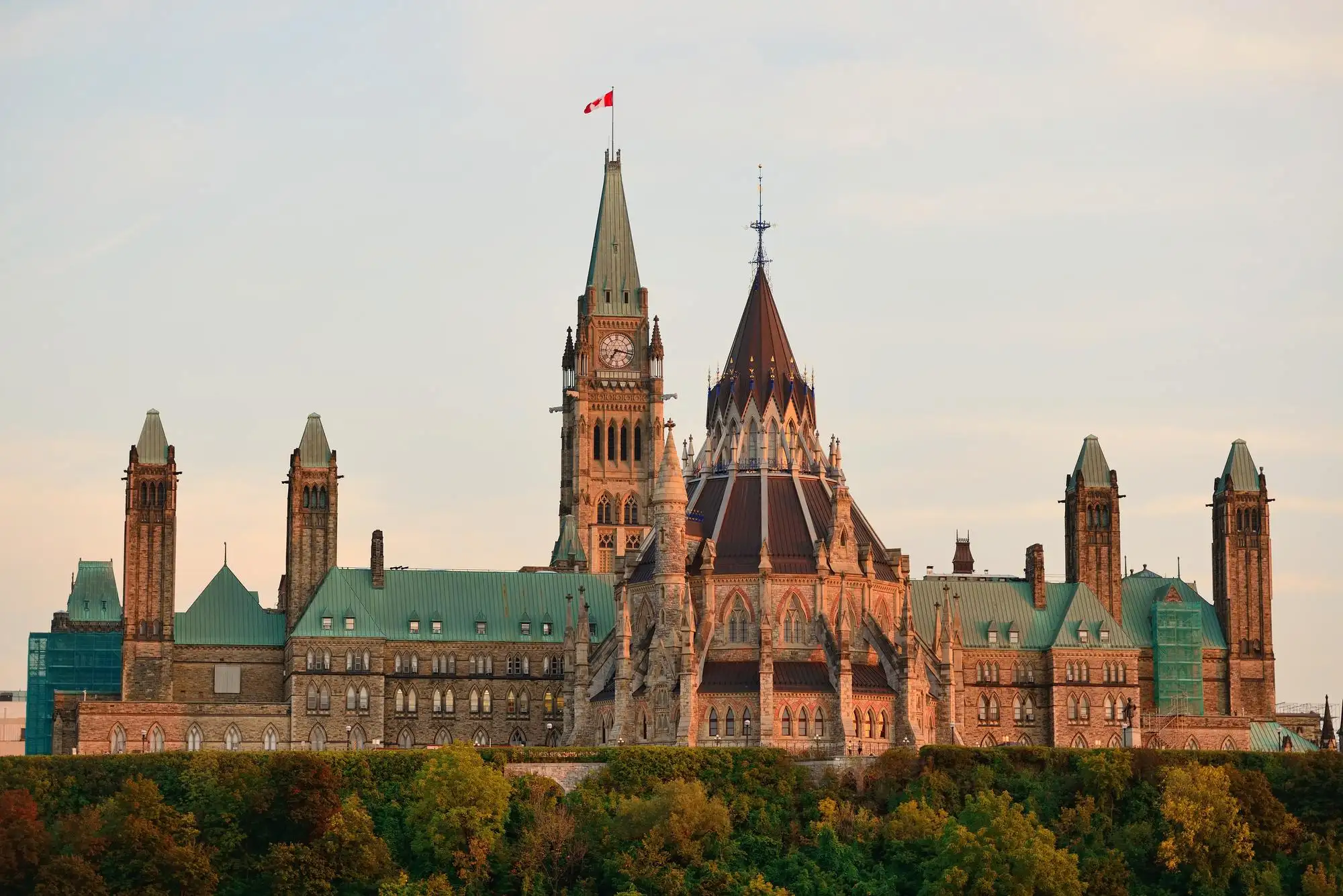The below highlights some of the tax measures proposed by the People’s Party of Canada for the 2021 Canadian federal election that will be held on September 20, 2021. The purpose of the below article is to summarize and outline the different tax measures published by the political parties in their election platforms in an impartial manner. The views and measures expressed herein are those of the People’s Party of Canada , they do not necessarily represent our views.
Tax Measures for Businesses
Reduce the corporate income tax from 15% to 10%
Gradually reduce over the course of one mandate the corporate income tax rate from its current 15% down to 10%. PPC states that this measure will make about $9.5 billion available to businesses, allowing them to increase salaries or invest in productivity improvements. In Ontario the tax rate will decrease from 26.5% to 21.5%.
Phase out all COVID spending programs
Phase out all covid spending programs and reverse new spending programs announced by the Trudeau government.
Eliminate all corporate subsidies and other inefficient government interventions
Bailouts of failing companies, regional development grants, conditional loans and loan guarantees with an implicit subsidy, tax credits, etc. that unfairly support some companies or business sectors will be eliminated. This will generate savings of between $5 billion and $10 billion a year.
Eliminate the Federal Goods and Services Tax (GST) And Let Provinces Charge Higher Sales Tax
Replace the Canada Health Transfer cash payments with a permanent transfer of tax points of equivalent value to the provinces and territories, to give them a stable source of revenue. In practice, Ottawa will give up its Goods and Services Tax (GST), and let provincial and territorial governments occupy this fiscal room. In 2021-22, the GST is expected to bring in $41 billion in revenues, almost the same amount currently transferred by Ottawa.
Tax Measures for Individuals and Families
Eliminate the Personal Capital Gains Tax
Over the course of one mandate, gradually abolish the personal capital gains tax by decreasing the (capital gains) inclusion rate from the current 50% down to 0%. PPC states that this measure will put about $7 billion per year back into the pockets of Canadians.
Reduce personal income taxes
Cut personal income taxes, corporate taxes, and the personal capital gains tax after the deficit has been eliminated, over the course of several budgets, as the fiscal room is found to allow it.
Other Measures
To Combat the Hot Housing Market
Substantially reduce immigration quotas
Substantially reduce immigration quotas, from about 400k planned by the Liberal government, down to 100k-150k per year. The PPC state that this will help reduce demand for housing and cool down these markets, especially in the large cities (Toronto and Vancouver) where most immigrants settle.
Modify the Bank of Canada’s inflation target, from 2% to 0%
This will cool down inflation in all sectors, including housing.
Stop funding social housing
PPC plan to stop funding social housing, which they believe unfairly competes with private developers and has historically been a financial, social and urban planning disaster in every city where it’s become widespread. PPC state that it is not the government’s role to build and rent apartments.
Privatize or dismantle the Canada Mortgage and Housing Corporation (CMHC)
PPC state that CMHC is a mammoth government agency that fuels the housing crisis instead of helping to cool it down. PPC state that all CMHC has ever done is encourage Canadians to buy houses they can’t afford and accumulate massive amounts of debt that the federal government, and ultimately Canadian taxpayers, will be responsible for.
Reduce money laundering in Canada’s housing markets
Work with provinces to curb speculation and money laundering by foreign non-resident buyers in Canada’s housing markets.
We’re happy to help
If you have any questions about our article, please feel free to schedule a free consultation with one of our team members.


